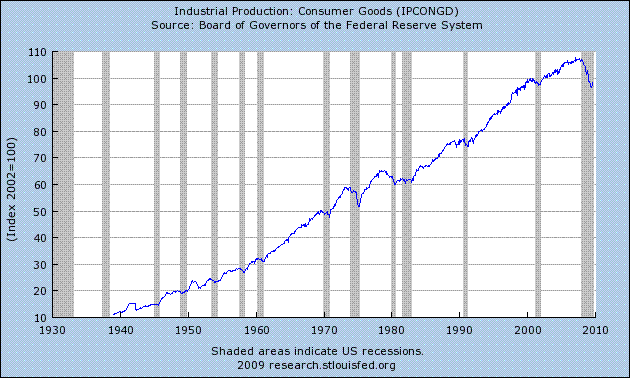Right. The thing though is that the optimal level is going to be closer to 30% than 90%. And, as I’m sure you realize, that actual tax rate today on the top earners IS higher than 30%. IIRC from previous threads on this subject, it’s actually over 40% these days (perhaps 41%?). It’s been pretty steadily rising for the last 5-6 years, and it never dropped down to 30% even at it’s lowest.
I don’t really know either, since it’s not exactly my specialty, but would agree with an earlier poster that it’s pretty close to optimal now. As I said, it could probably be tweaked up a bit, but it’s not like it’s seriously out of whack and needs to be bumped up 20 or 30%.
Why? Unless Bob is a complete idiot, he isn’t stuffing his $10 million into a mattress or burying it in the yard. No matter how you figure it, Bob’s money is doing SOMETHING. Is he investing in bonds, T-Bills or other government instruments? Stocks? Money Markets? Real Estate? Other purchases such as houses, cars, golf clubs, swimming pools or boob jobs for Bob’s trophy wife? Hell, is he spending it all on hookers and blow? Well, all that money gets back into the economy and keeps someone going, even if it’s just the pimps and drug dealers. And the beauty is that, no matter what Bob does with his portion of his money WE get our cut, right off the top! I mean, what’s not to like about that? We get the benefits of Bobby boys capital investments which translates into even MORE revenue, plus we get to tax tax tax! It’s a win/win!
Even if it’s just a startup we STILL. Someone had to make that expensive furniture after all. Plus, the startup presumably is going to hire SOMEONE, even if they end up simply writing web pages for Pets.Com. We’ll get our cut of the IPO funds as well. And even if they just poured the money into a hole, we still got to tax Bob AND the startup guys exorbitant salaries at least until they go completely tits up. Again, it’s a win/win for us.
Anyway, I’m mostly just tongue in cheeking here, though obviously I at least believe this all to be roughly true as well. I don’t think ‘fair’ has anything to do with optimal, either from the perspective of bringing in more revenue for the government OR for expanding our collective economy. I don’t believe that ‘fair’ is what the world is about, either, nor do I think it’s the governments job to MAKE things ‘fair’. The governments job is to make sure we get our cut, to make sure the playing field is level, to make sure companies toe the lines we set out for them…and then to get the fuck out of the way and let those companies lay those fucking golden eggs! 
-XT
